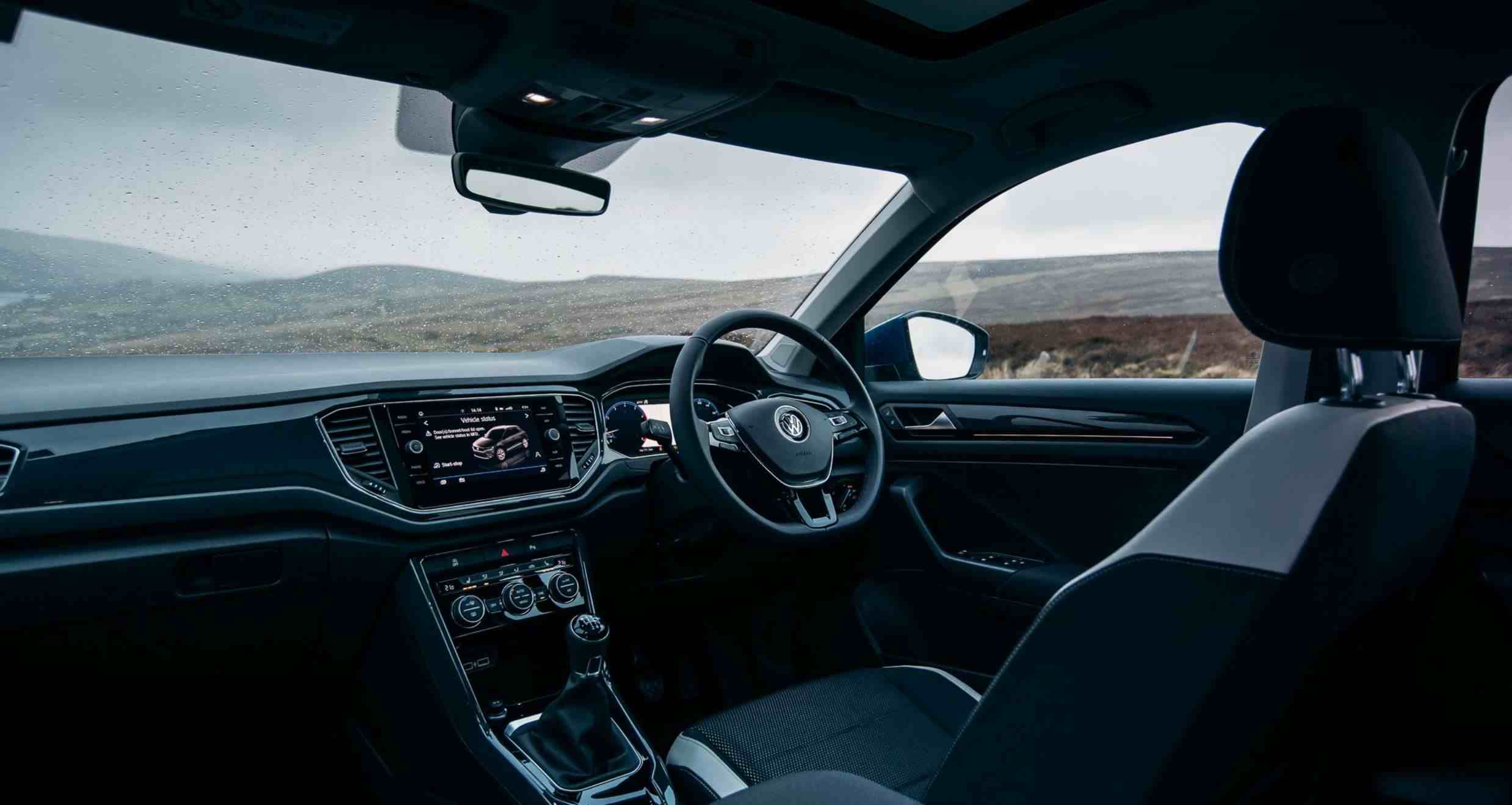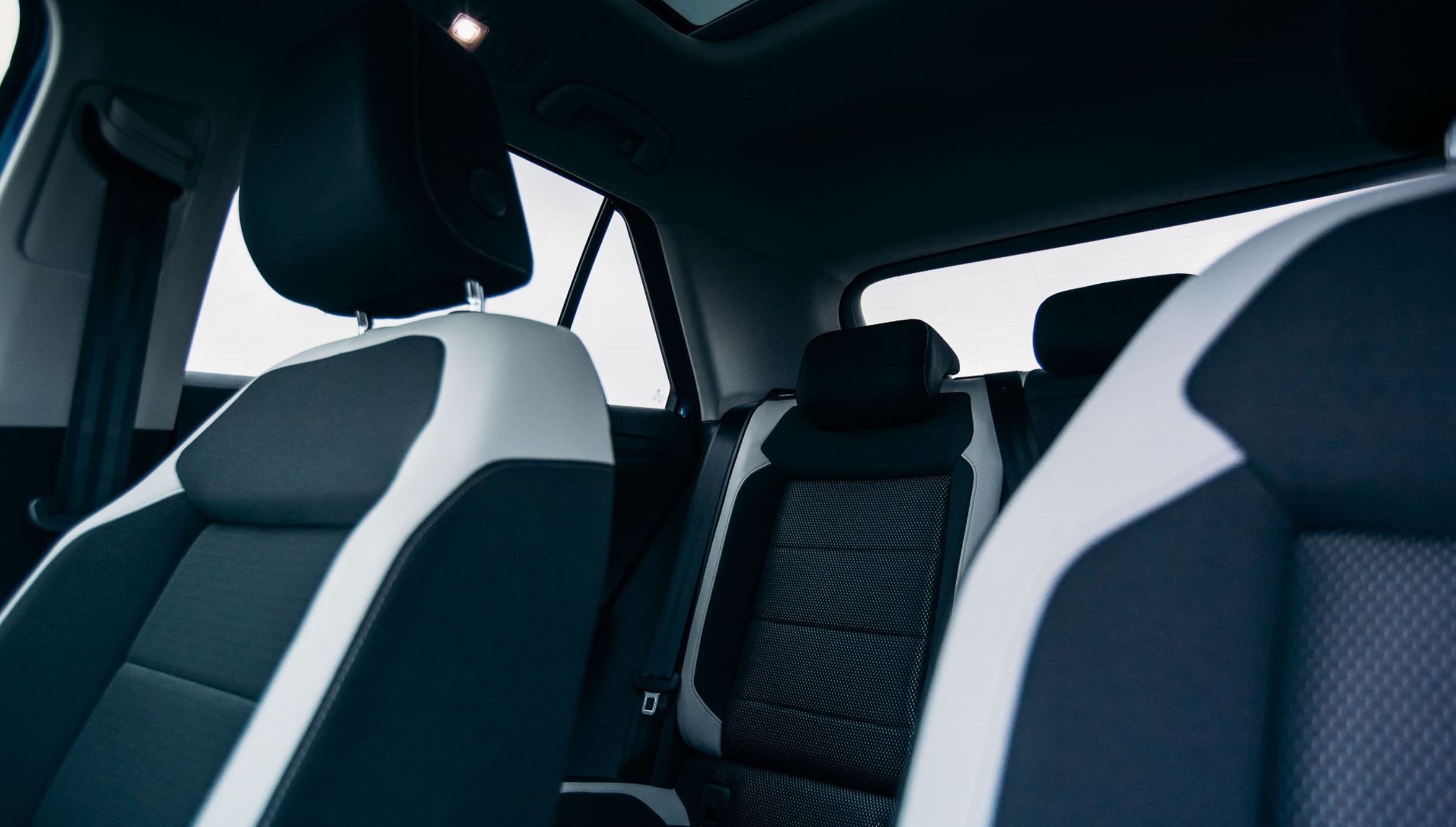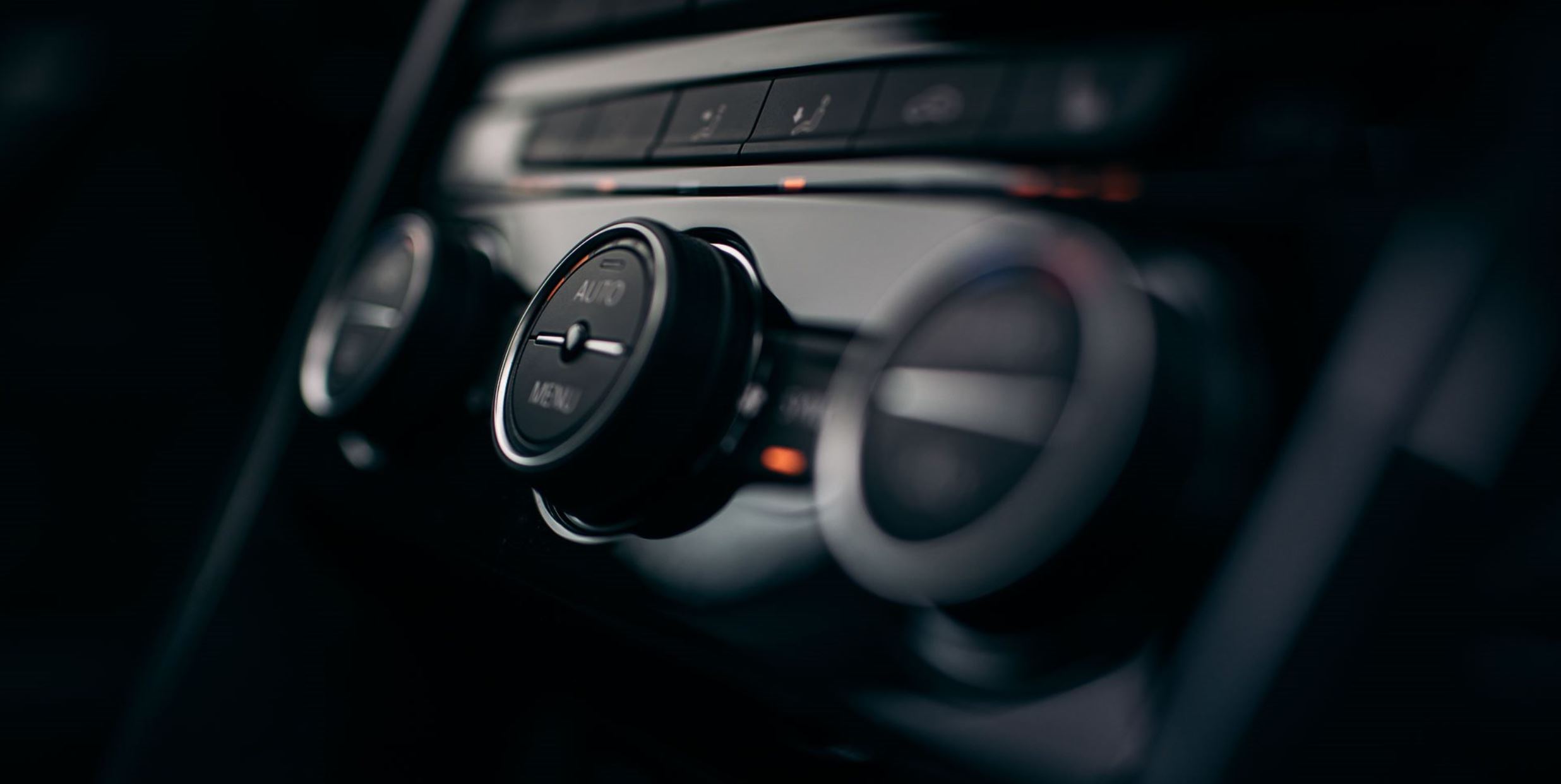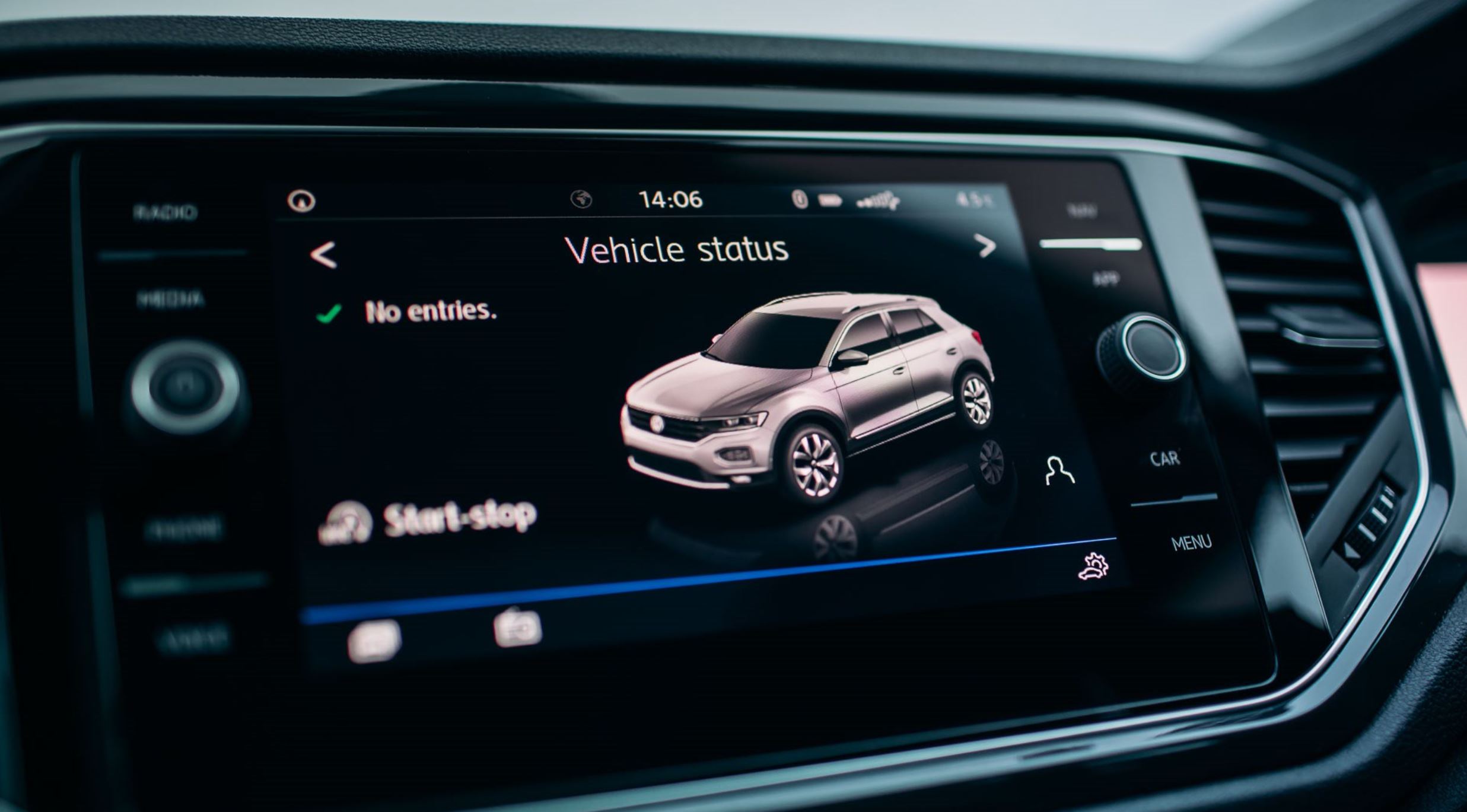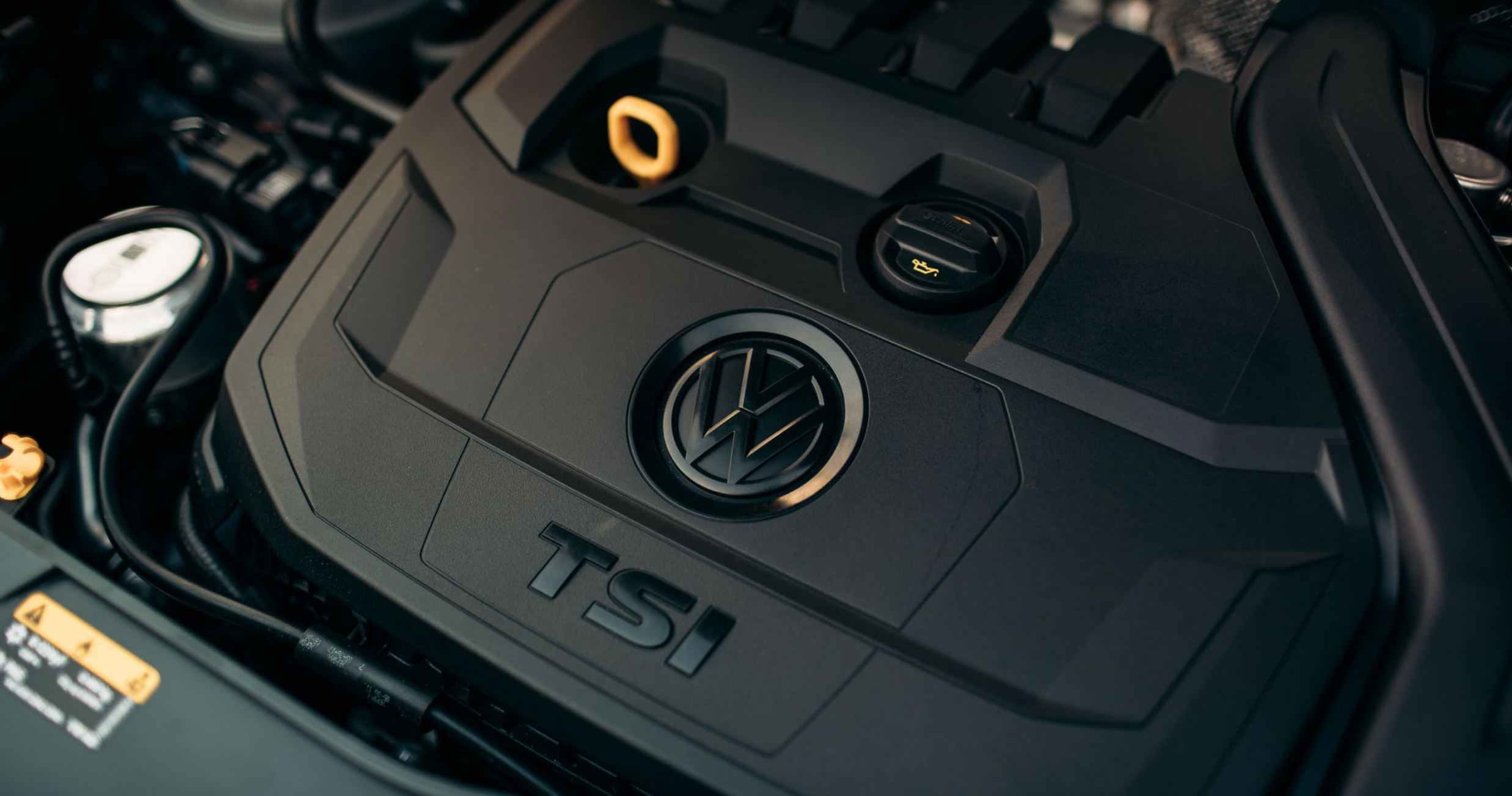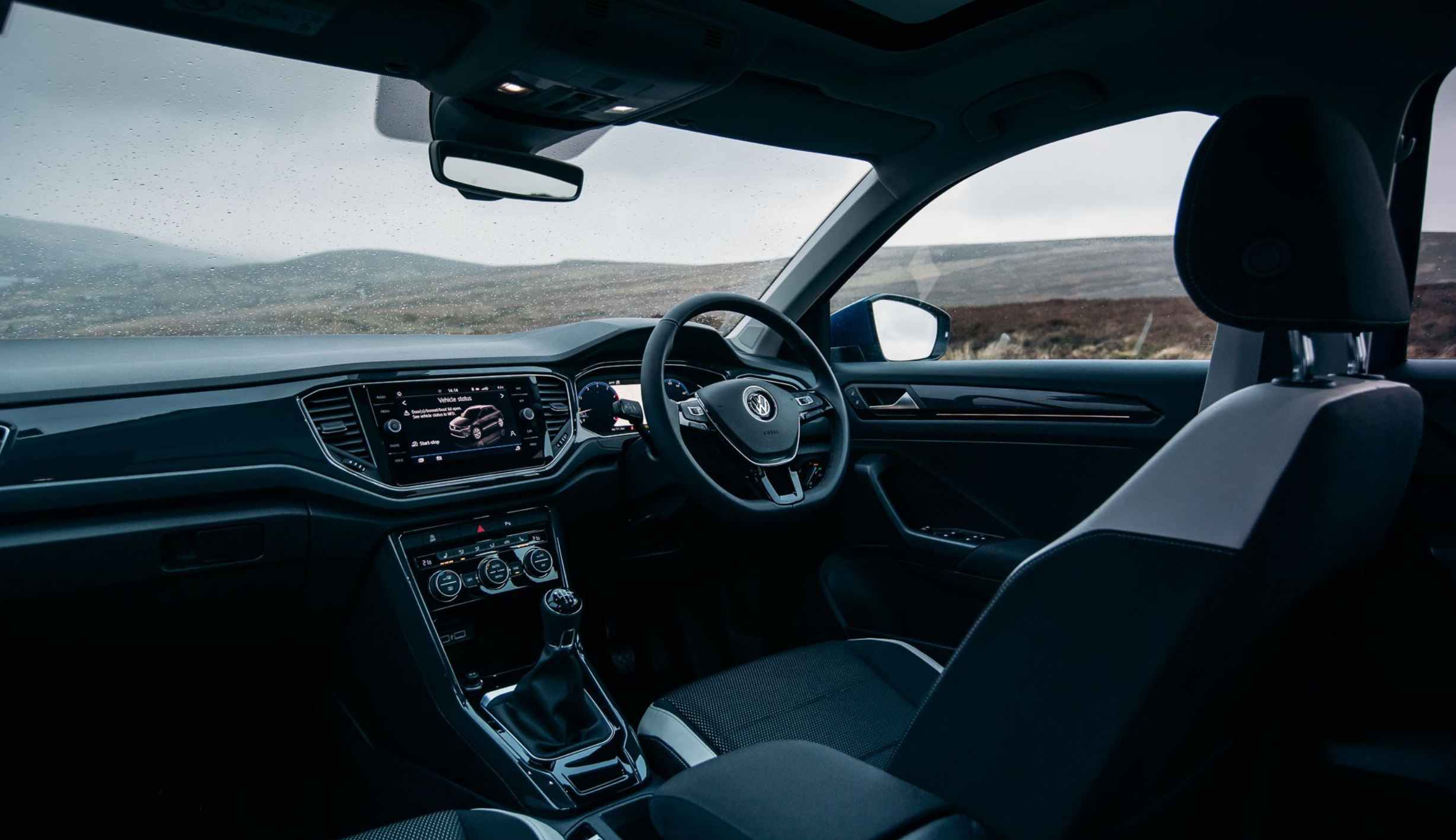Volkswagen T-Roc | Video Review | CarsIreland.ie
Published on 27 February, 2018
Volkswagen's new T-Roc is more or less exactly what you'd expect of their entry to this fast growing 'Baby SUV' market - a clever, well put together package that just works
Overview
Overview
Volkswagen are the latest brand to jump aboard the baby SUV movement with the much anticipated T-Roc.
Based on the well-trusted Golf platform, the T-Roc is a bit of a meal between breakfast and brunch, sitting somewhere between their famous hatchback and the larger Tiguan crossover in the range.
It also sits slightly higher than a Golf, comes with some extra cladding around the edges for that much sought-after SUV look, and offers a bit more space inside too.
Interior Gallery
There is a bit more room, but not a huge amount either. The boot measures in at 445 litres, about 15 per cent more than what you’ll get in a Golf. It fares very well in comparison to competitors in the segment however, with more space than the Hyundai Kona (361l) , the Audi Q2 (405l), and even the Nissan Qashqai (430l).
It’s at the larger end of this ‘baby SUV’ segment. The dimensions inside are not super mini sized so there is a decent amount of kneeroom in the back, and the extra height does lend itself to more headroom and a better sense of airiness and space – helped by the large windows.
In the front, there's that nice raised driving position we've all become accustomed to for the commanding view, and it also makes it nice and easy to get in and out of. Adjustment in the driving position is good, and there’s some nice, logical storage options to stash your bits and bobs, like a pair of central cupholders, a well-shaped phone tray and good, wide doorbins.
One area it could do a little better on is interior quality. It's not bad by any means, and in fact still a good deal better than most, but it is lacking the soft touch materials around the dashboard and thoughtful felt-lined touches in the storage compartments that a Golf owner in particular may have come to expect.
It is of course, still very nicely laid out, with some optional colour packs available if you want to jazz it up even further. It’s logical, simple to navigate, and comes with the option of some of the best infotainment systems on the market.
Our test car was fitted with the upgraded Discover Media Navigation system which comes as part of a good value Technology upgrade pack (around €1,500) which also a winter pack with heated seats for those cold winter mornings, and a panoramic glass sunroof, for the sunny ones.
There are two trim upgrades available. The Sport comes with 17 inch alloy wheels, sports seats, LED lights and the all new version of Volkswagen's Active Info Display, which is the same idea as Audi’s catchier named ‘virtual cockpit’ – a completely digital instrument cluster, which is now more colourful and better executed than ever before.
The other option is the Design, which gets a slightly more subtle set of 16 inch wheels, a driver alert system to remind you take regular breaks over long periods of driving, and the latest in smartphone integration including Apple CarPlay and Android Auto.
All models come with a generous level of standard safety equipment and the T-Roc earned the full five star rating on the Euro NCAP safety test.
On the road, the T-Roc has that typical, well built Volkswagen SUV feel. We say SUV because it does feel like one in the positive sense in that it feels bigger and more substantial than a hatchback. It’s comfortable, feels reassuringly solid, and the higher ride height gives you a great view of the road ahead, with good visibility in all directions.
Despite that it still feels quite agile, and the extra height doesn’t seem to have any negative impact on the handling at all. It corners nice and flat and the steering feels well-weighted and pin-sharp.
The sole diesel option at the moment is a 2.0l 150 hp TDI, available in both manual and automatic transmission. Or there are two petrol options in the entry level 1.0l turbo, or a more powerful 1.5l TSI unit which is exclusive to the Sport trim. This is what was under the hood of our test car. It pushes out 150 hp, emits just 117g of Co2 per kilometre and has an annual motortax bill of €270.
Petrol uptake is expected to be strong, as it has been so far in what is still a relatively new segment of the market, but Volkswagen have been clever enough to include a very capable diesel option here to ensure all ends of the market are covered, whether you’re a city slicker upgrading from a Golf, or a mile muncher downsizing from a Tiguan.
The entry price might seem a bit steep compared to some but Volkswagens do tend to hold on to their value quite well, which might see you recoup some of that investment down the line. It's also still a stand-out choice for reliability and build quality. This combined with a wise decision not to try too hard to be 'quirky' on the looks, makes it an all round very likeable and well-though out package.
Facts & Figures
Car Tested:
1.5 TSI EVO 150HPCar Tested Price:
€33,981 (inc. options)Starting Price
€24,750Fuel Economy
5.3l/100km0 -100 Kms
8.4sPower
150hpEmissions
121 g/kmTax
€270Seats
5Isofix
2 pointsBootspace
445lNCAP safety rating
5/5Latest Reviews
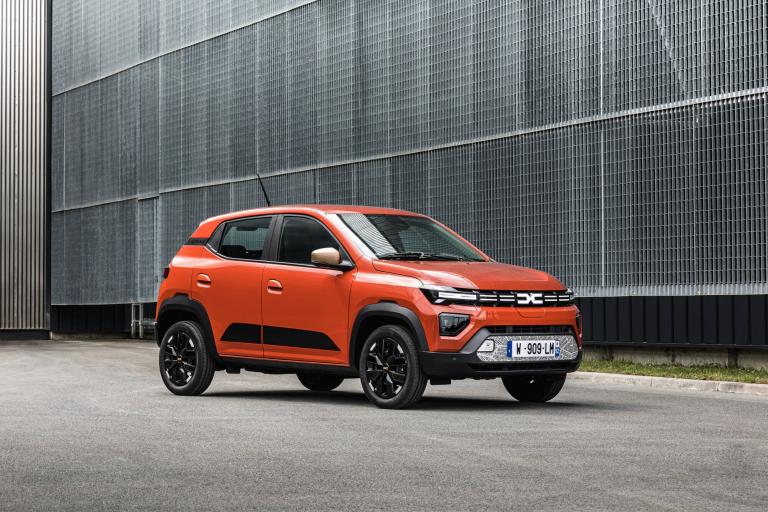
Dacia Spring: Ireland’s Best Value EV Just Got Even Cheaper
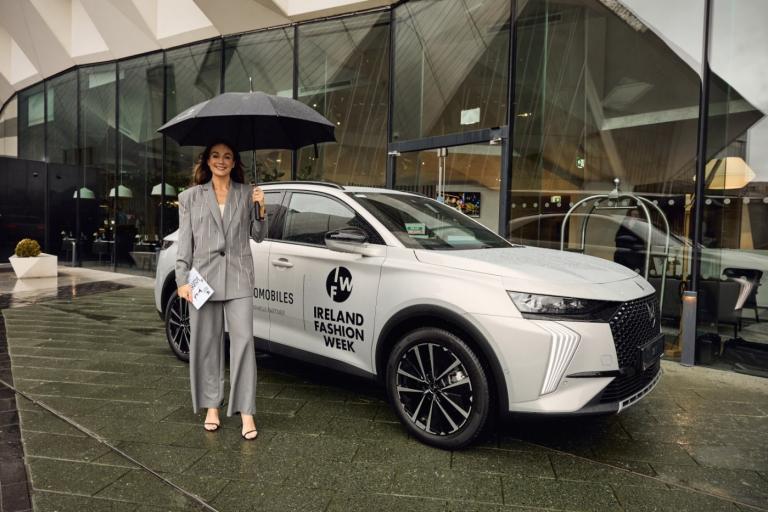
DS Automobiles Named Official Vehicle Partner for Ireland Fashion Week
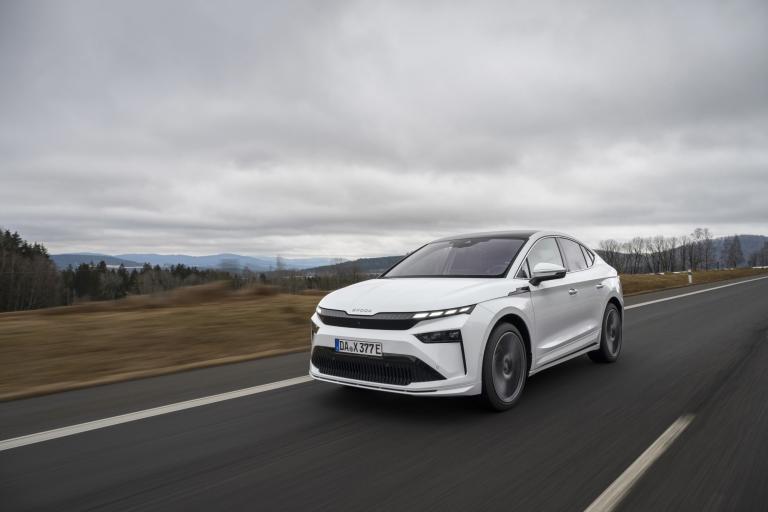
Škoda Enyaq Updated for 2025 with More Range, Style, and Tech
